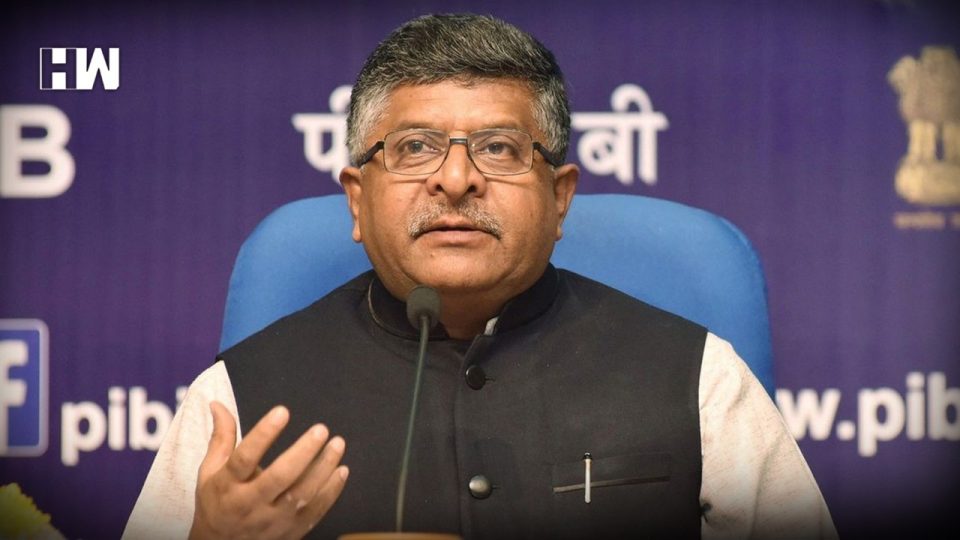New Delhi | Union Law Minister Ravi Shankar Prasad on Thursday during the discussion over the Triple Talaq bill in the Lok Sabha said that around 20 islamic countries have banned Triple Talaq then why cant a secular country like India.
Speaking during the discussion, Prasad said, “20 Islamic nations have banned Triple Talaq, then why can’t a secular nation like India? I request that this should not be looked through the prism of politics.” Terming the bill a landmark for the rights and justice of Muslim women, theUnion Law Minister said,” This bill is not against any community, religion or belief. This bill is for the rights of women and about justice.”
A fresh Bill to make the practice of triple talaq among Muslims a penal offence was introduced in the Lok Sabha on December 17 to replace an ordinance issued in September. Under the proposed law, giving instant triple talaq will be illegal and void and will attract a jail term of three years for the husband. The Muslim Women (Protection of Rights on Marriage) Bill, 2018 would supersede an earlier Bill passed in the Lok Sabha and pending in the Rajya Sabha.
An earlier bill was approved by the Lower House. But amid opposition by some parties in the Upper House, the government had cleared some amendments, including the introduction of a provision of bail, to make it more palatable. But as the Bill continued to face resistance in the Rajya Sabha, the government issued an ordinance in September, incorporating amendments.
An ordinance has a life of six months. But from the day a session begins, the ordinance has to be replaced by a bill which should be passed by Parliament within 42 days (six weeks), else it lapses. The government is at liberty to re-promulgate the ordinance if the Bill fails to get through Parliament.
As an independent media platform, we do not take advertisements from governments and corporate houses. It is you, our readers, who have supported us on our journey to do honest and unbiased journalism. Please contribute, so that we can continue to do the same in future.

